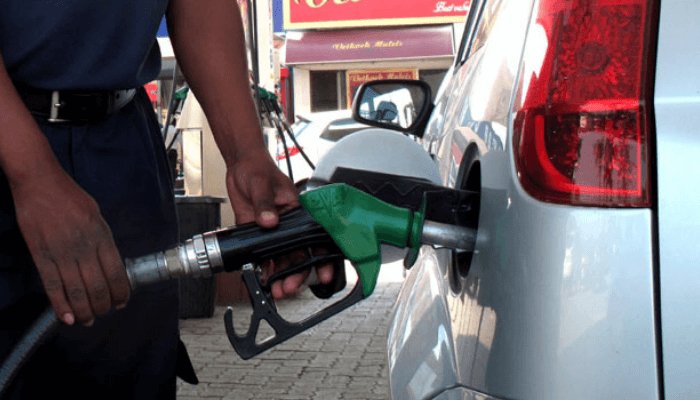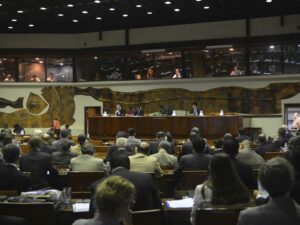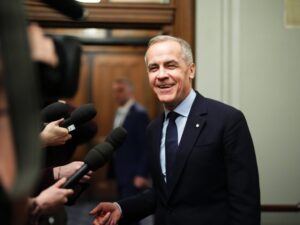
The south-west zone of the Independent Petroleum Marketers Association of Nigeria (IPMAN) says its members will sell petrol at N165 per litre if they get the commodity at the government-approved ex-depot price.
IPMAN said this during a courtesy visit to the Nigerian Midstream and Downstream Petroleum Regulatory Authority (NMDPRA), according to a statement issued on Saturday by Kimchi Apollo, the agency’s general manager, corporate communications department.
The ex-depot price is the price at which depot owners sell the commodity to retail outlets.
Last month, the southwest zone of IPMAN threatened to direct its members to sell petrol at N180 per litre.
The association also asked the government to probe alleged sharp practices at private depots selling petrol to its members above the official rate.
At the meeting, Farouk Ahmed, chief executive officer of NMDPRA, welcomed the association as critical stakeholders in the energy sector.
He assured them of the authority’s support in distributing petroleum products to all nooks and crannies in the country.
Ahmed further expressed concern about the rise in petroleum product theft and pipeline vandalism, especially line 2B which services Mosimi, Ibadan, and Ilorin depots, leading to revenue losses for the government.
He urged south-west IPMAN to assist in checkmating the unscrupulous act as they have done in the past.
Ahmed further disclosed that the authority had received complaints of private petroleum depots selling PMS above the approved price, thereby, disrupting the entire value chain, and leading to higher pricing in some areas.
He called on the association to report any depot selling products to its members above the approved ex-depot prices.
In his response, Dele Tajudeen, zonal chairman, IPMAN south-west, said the purpose of the visit was to seek collaboration and support the authority, in line with the Petroleum Industry Act (PIA).
Tajudeen said some of the problems his members are facing include product-sharing, rise in penalties, difficulty in getting tax clearance, high cost of doing business in the country, among others.
He assured the authority and Nigerians that despite all the challenges the association is facing, it has resolved not to embark on any industrial action as a conflict resolution technique.
“As far as we are concerned in the south-west, we have gone beyond strike. Strike is not the solution to any problem because if there is a strike, it affects the masses and our businesses,” Tajudeen said.
We will work together to ensure free flow of petroleum products and also make sure that products are sold at the government-regulated price, if we get them at the normal price.”







